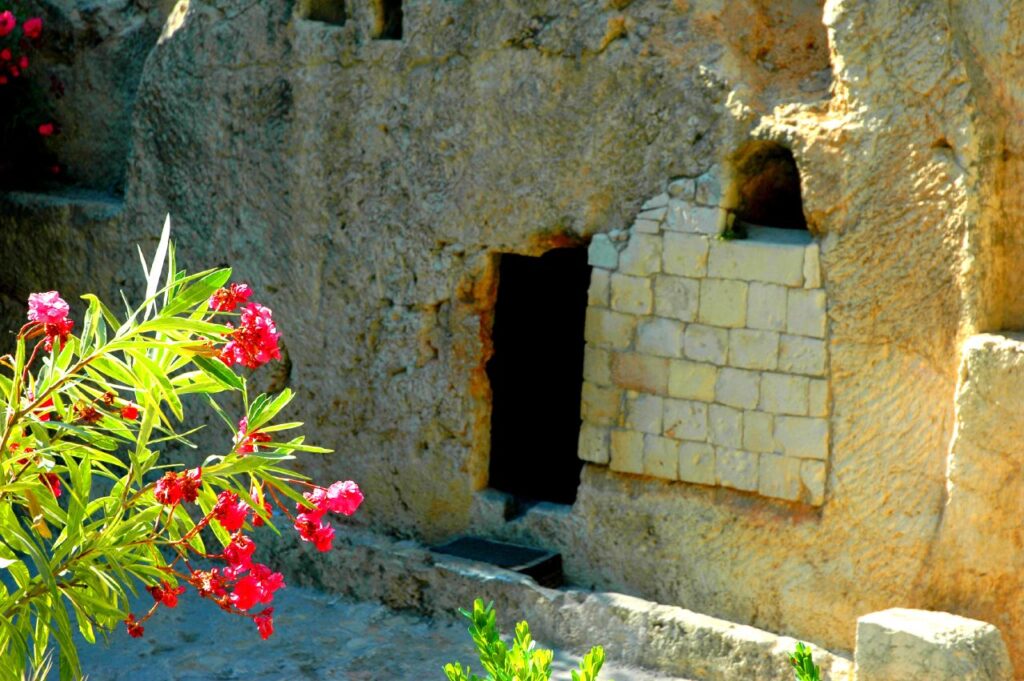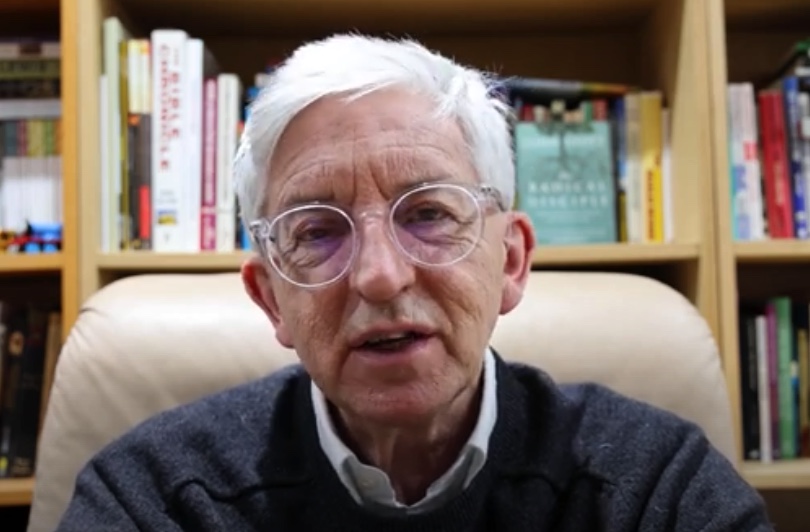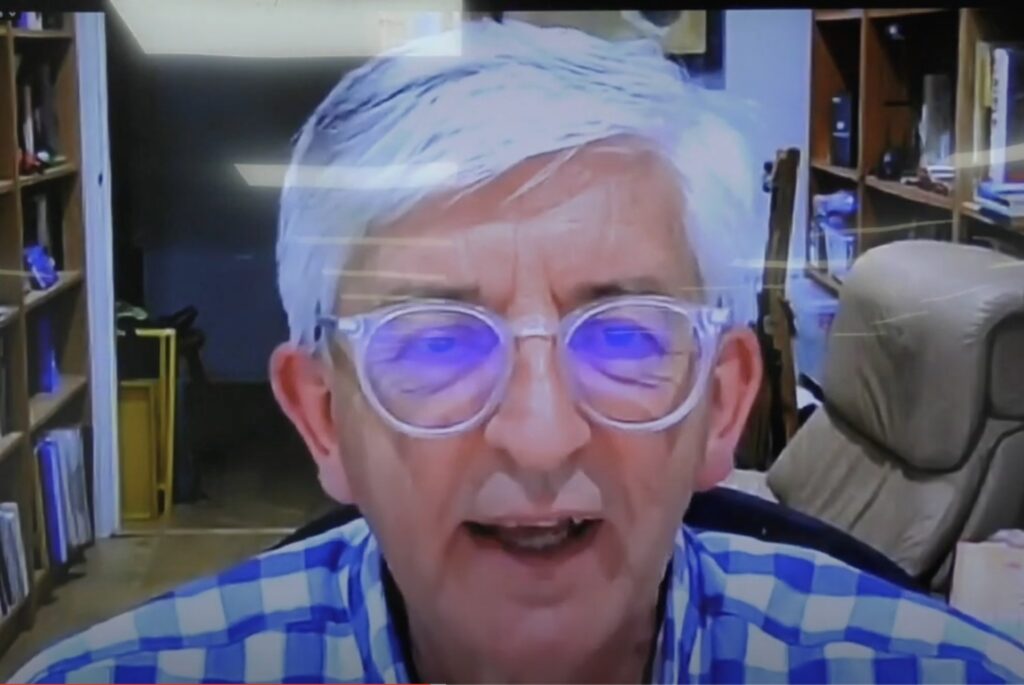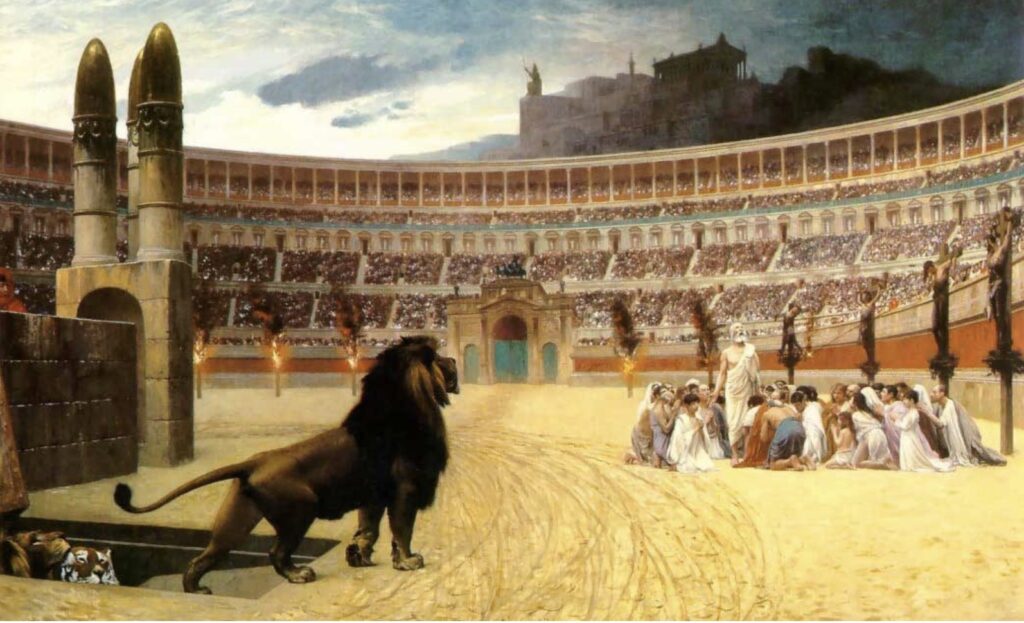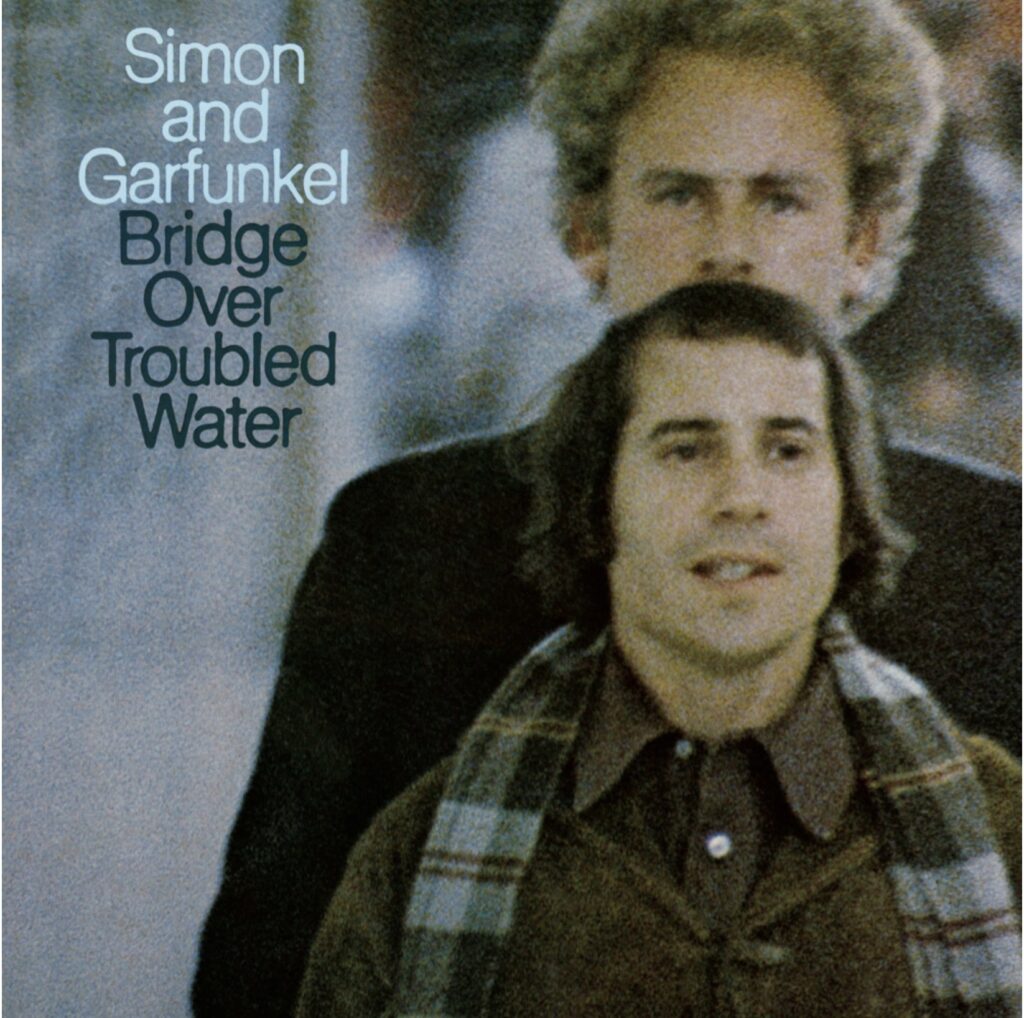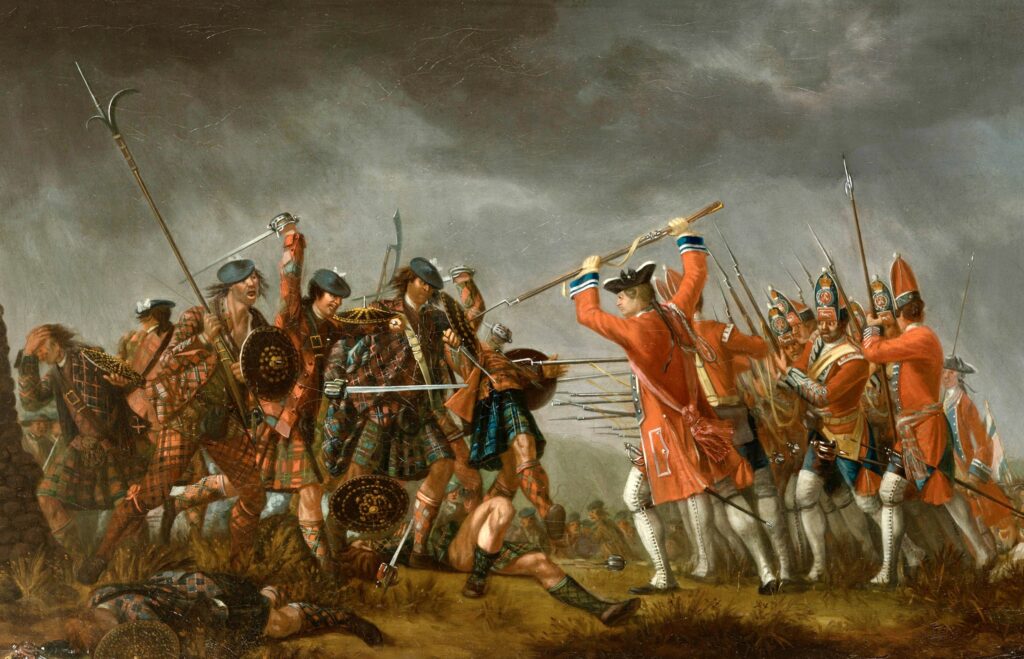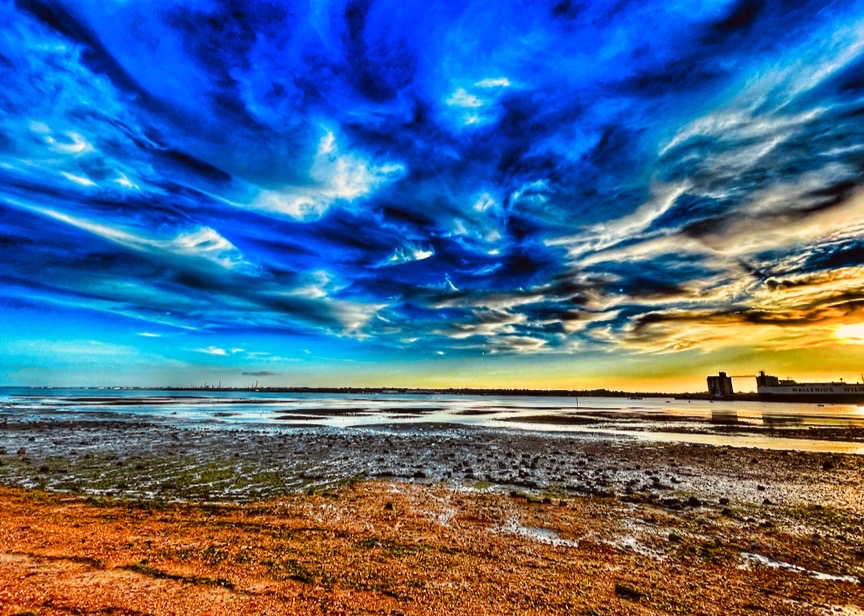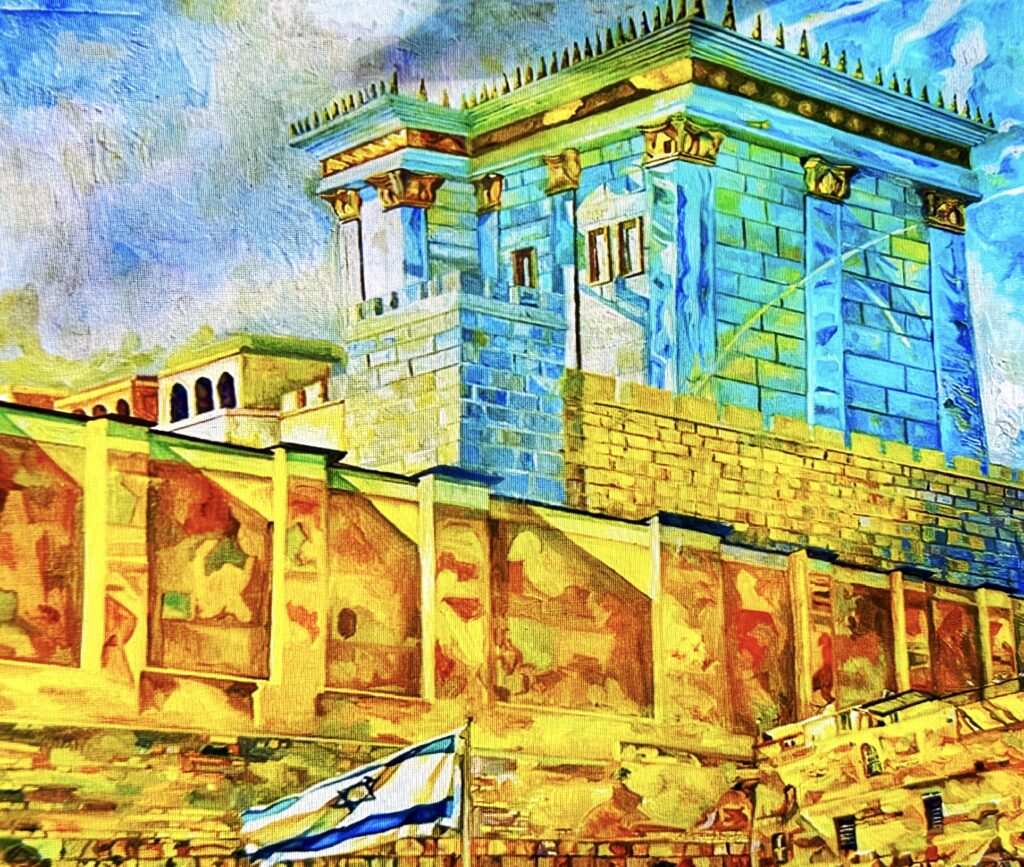
Just 500 metres by 300 metres, the Temple Mount, or Haram Al Sharif as it is called in Arabic, is probably the most disputed plot of land on earth. Hal Lindsey claims, ‘I believe the fate of the world will be determined by an ancient feud over 35 acres of land.’
Many Christians share the belief that the Islamic shrines must be destroyed and that a Jewish Temple must and will be rebuilt – very soon. But this won’t be a museum replica of the one king Solomon built or be just another attraction for pilgrims to the Holy Land. No, this Temple will be built for one purpose and one purpose only – for bloody animal sacrifices, and lots of them.
In this article we want to explore the case for rebuilding the Jewish Temple; consider whether the Bible predicts such an event; and if so, where and how it might be built. We will then look at what the New Testament has to say on the subject and some of the implications for Christianity should the Jewish Temple be rebuilt. Finally, we will reveal that the Temple is actually under construction (but don’t peep).
However eccentric or strange it may seem, influential Christian leaders are actively promoting and funding Jewish religious groups who want to destroy the Dome of the Rock in Jerusalem, the third most holy shrine within Islam. They want to replace it with a fully functioning Jewish Temple. They are doing so because they believe the Bible mandates it. Indeed, some Christians like pastor Clyde Lott, a Pentecostal rancher from Mississippi, are even trying to breed the perfect red heifer to assist in future Temple sacrifices. According to the Book of Numbers chapter 19, the ashes of a red heifer are needed to purify the priests and altar before sacrifices can be offered again.
The search for the red heifer has been described as a ‘four legged time bomb’.
Read the rest of the article here which is a summary of one of the chapters from my book, Zion’s Christian Soldiers.
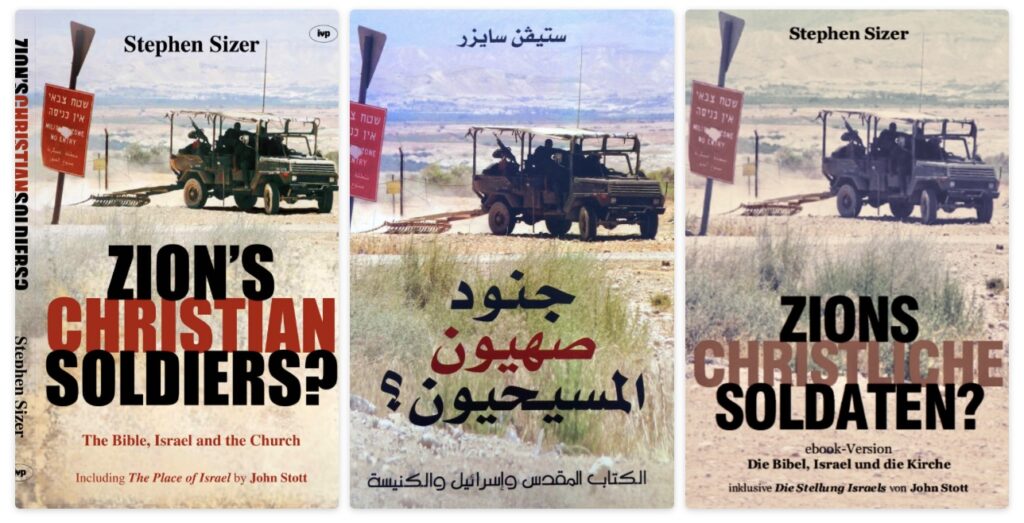
Zion’s Christian Soldiers: Seven Chapters
- 1. For the Love of Zion: The Bible tells them so
- 2. Israel and the Church: Who are God’s chosen people?
- 3. The Promised Land: From the Nile to the Euphrates?
- 4. Battle for Jerusalem: The Eternal Capital of the Jews?
- 5. The Coming Last Day’s Temple: Ready to Rebuild?
- 6. Overture to Armageddon: Want to be left behind?
- 7. The Place of Israel: John Stott


